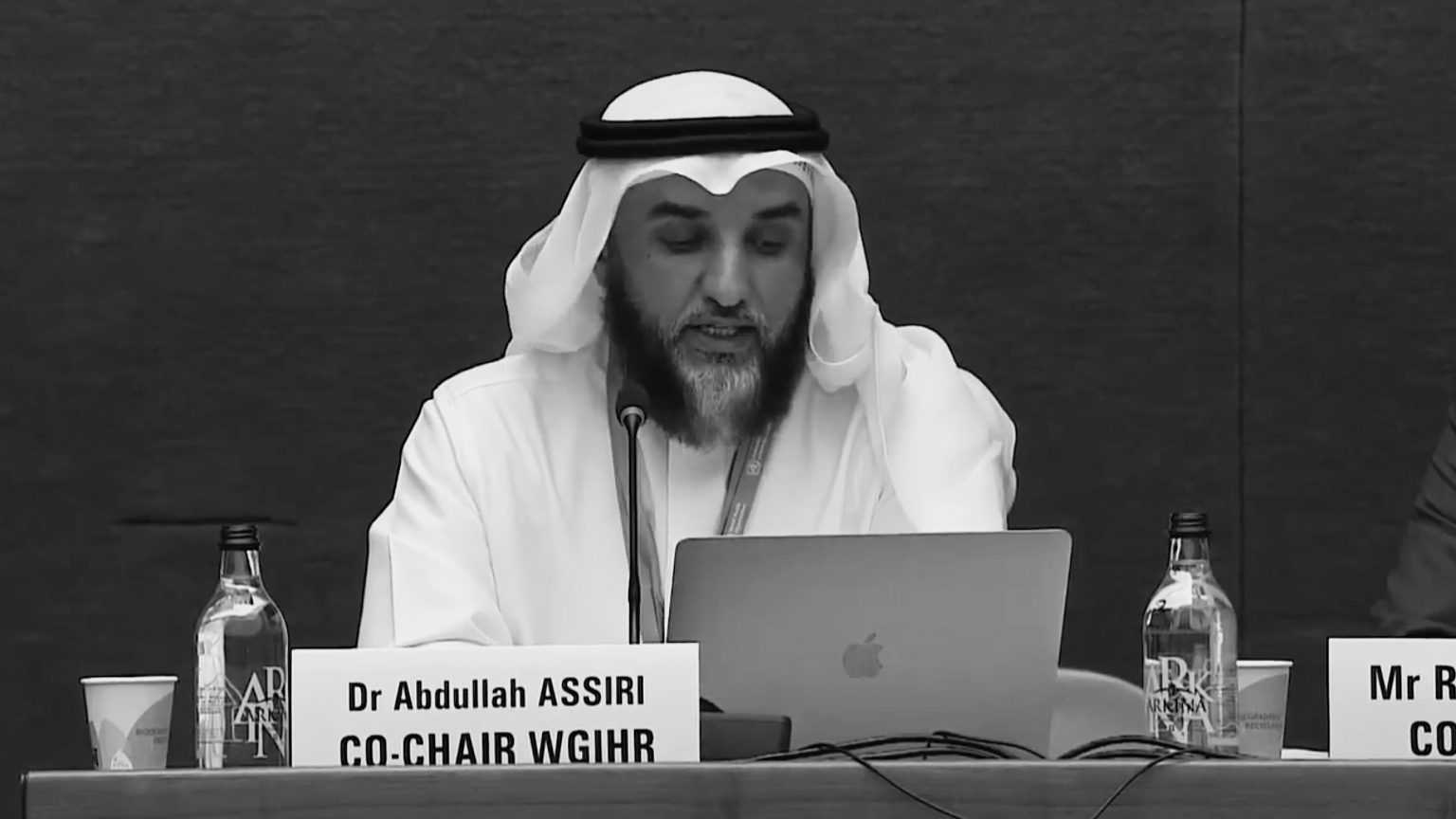During a meeting last week, a co-chair of a World Health Organization (WHO) working group that’s focused on international law amendments that would increase the WHO’s powers, took the power grab a step further by urging members to prioritize “actions that may restrict individual liberties.”
The co-chair of the WHO’s working group on amendments to the International Health Regulations (2005), Dr. Abdullah Assiri, made the comments during a strategic roundtable at the seventy-sixth World World Health Assembly (an annual meeting of the WHO’s decision-making body).
During the strategic roundtable, WHO members discussed the international pandemic treaty and amendments to the International Health Regulations — two instruments that will collectively expand the WHO’s powers to target “misinformation,” increase its surveillance powers, and push global vaccine passports.
Assiri provided an update on the WHO’s progress with the IHR amendments before suggesting that individual liberties should be curtailed by this unelected health agency.
“The world, however, requires different legal mandates, such as the pandemic treaty, to navigate through a particular pandemic, should one occur, and it will,” Assiri said. “Prioritizing actions that may restrict individual liberties, mandating and sharing of information, knowledge, and resources, and most importantly, providing fund for pandemic control efforts are all necessary during a pandemic. The means to carry out these actions are simply not…currently at hand.”
While the sweeping new powers contained within the pandemic treaty and amendments to the IHR do curb individual liberties, such as privacy and free speech, WHO officials have previously refrained from admitting this directly.
Assiri’s comments are the latest of many examples of the WHO continuing to demand more power, despite the unelected health agency already gaining significant influence during the pandemic.
Since 2020, the WHO has partnered with YouTube, Facebook, and Wikipedia and had a direct impact on the speech rules on these platforms. Google renewed its partnership with the WHO last month.
Yet despite already having major influence over online speech, the WHO pushed for even more power in 2021 (when work began on the international pandemic treaty) and 2022 (when the Biden administration proposed amendments to the IHR).
The WHO’s power grab has faced pushback from politicians in the US, Canada, UK, Australia, and Europe. However, it continues to move forward and the WHO is planning to finalize the pandemic treaty and IHR amendments by May 2024.
If adopted, the pandemic treaty will apply to the WHO’s 194 member states (which represent 98% of the world’s countries) and the IHR amendments will apply to 196 countries. Both instruments are legally binding under international law.










